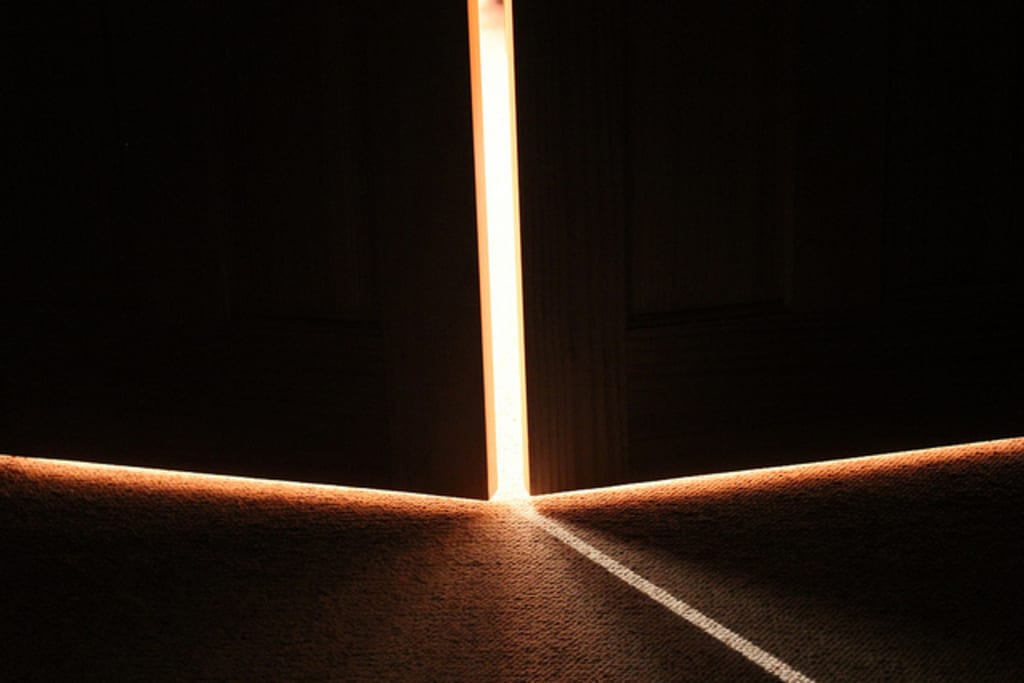
Early this spring I had the privilege to take a screenwriting course at Houghton College as part of my writing major there. Going into it, I was both scared and excited. It was a completely new form of writing for me. Not only had I lacked any experience writing screenplays, but I also lacked any experience reading them. Much to my relief, however, I discovered that the writing process is not much different from any other form of the written word, and neither was the reading/analysis aspect. Though there were new guidelines I had to pay attention to, in terms of my own mental process, as well as technique, I experienced little change.
Unfortunately, when I first started out, I over thought everything. This is a common occurrence for me when I am faced with a daunting challenge and am feeling inadequate, and I believe it was a problem for most of my classmates as well. We all somehow got the idea that in order to be able to write a quality screenplay, we would have to completely change everything about our writing style and technique. However, there isn't anything further from the truth, and this became the biggest obstacle for me.
The first, and most important thing I learned about writing a screenplay, was to not overthink the practicality of putting the screenplay to film. As the screenwriter, this was not my job. My job was to write a story that would sell. The director was responsible for putting it together. When I first set out writing my screenplay, I had the ambition of directing it myself. Nothing seemed more exciting than being able to say I both wrote and directed a film, even if it was garbage. However, I soon realized, that thinking this way was really limiting me. I had an idea in my head for how the story would go, but I found myself constantly changing it in ways I didn't like as much just so that putting it to screen would fit within my budget. Once I got rid of this fantasy, I had almost complete freedom to write whatever I want, and in doing so, was able to follow my original vision.
The second biggest thing I learned during this process was that I didn't have to have every aspect of the story figured out from the beginning. Yes, I had a broad, overall picture, but even that would change slightly as I wrote it. I discovered that writing is a process of discovery. Rather than trying to create something powerful and original in my head, I became the puppet of the pen. In the end, I didn't really write the story, I just put it to paper. The story did the writing.
Finally, I learned not to always write from beginning to end. This is big. Every other piece of writing I have ever done was from beginning to end, so changing that in screenwriting was a difficult process mentally. However, I realized that doing so gave me freedom I had never found before. I wrote the first half of the screenplay straight through, but after, rather than writing it to the end, I skipped the middle and wrote the last 30 minutes. Not only did this give me a new perspective on everything that came before, but also made deciding on the flow of events in the missing portion easier, as I knew exactly where they would lead. Next time, I might try starting at the end and see what happens.
Any new form of writing is at first a challenge, but I haven't let that stop me from pursuing it. Don't let it stop you.






Comments
There are no comments for this story
Be the first to respond and start the conversation.